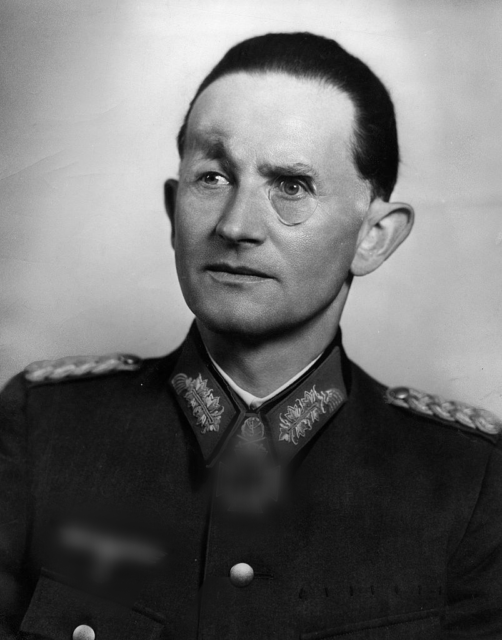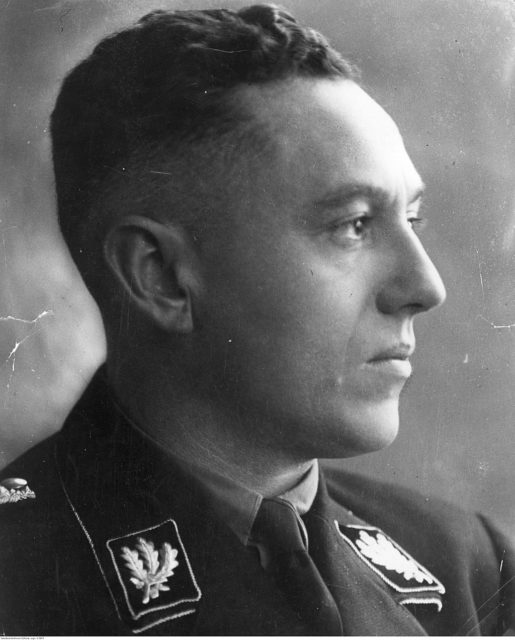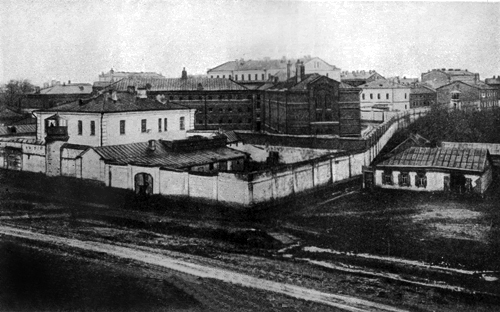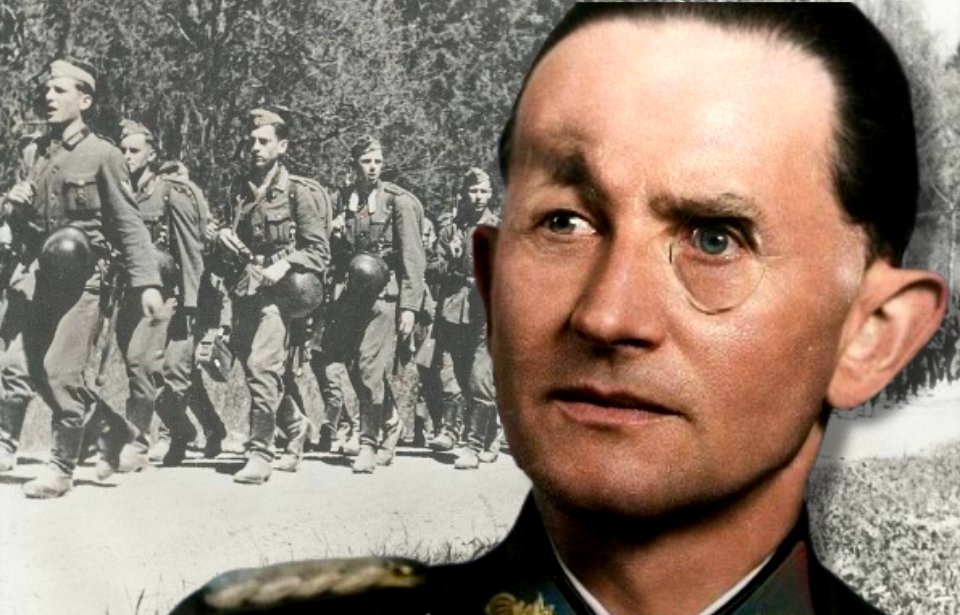Any schoolteacher or parent can offer similar advice to a child facing harassment from a bully: stand your ground and the bully will retreat. In modern military history, few figures loom larger as bullies than the Führer, who thrust Germany into a global conflict in the late 1930s, leaving its economy shattered and its people burdened with shame.
Challenging this man was neither prudent nor simple. He tolerated no dissent from his high-ranking generals and colonels. The entire German military quivered at the thought of opposing his views or strategies. Those who dared to disagree faced swift and severe repercussions. As such, his subordinates refrained from challenging him openly; while they may have harbored dissenting thoughts, voicing them aloud was a different matter altogether.
Perhaps it was his uniform or his extensive military background that commanded deference. Maybe it was a rare moment of tranquility that swayed the Führer. Whatever the reason, when Gen. Dietrich Von Saucken stood up to Germany’s leader – insulting him, in fact – he didn’t meet a grisly fate or wind up in a labor camp.
Dietrich von Saucken brought his cavalry sword to a meeting

It was the winter of 1945, and within the German military, the reality of a losing war was sinking in – except, it seemed, for the Führer. Dietrich von Saucken had already tested fate by openly declaring the futility of continuing the fight, resulting in his dismissal. However, his indispensability as a skilled and seasoned soldier led to his reinstatement four weeks later, as Germany faced a dire shortage of such men.
Hailing from East Prussia, von Saucken was a dedicated career soldier who’d served his nation through both World Wars. On a cold February day in 1945, he was summoned by the Führer to the war room and tasked with defending East Prussia against the advancing Red Army, regardless of the cost.
To the surprise of many, von Saucken appeared wearing his cavalry sword, a symbol of his dedication to his country and the military – a gesture forbidden in the presence of the German leader. He was determined not to forsake his uniform.
Fortunately for von Saucken, the Führer didn’t take notice of the breach of protocol.
Pushing his luck with the Führer

Witnesses to this “historic” meeting say that, not only did Dietrich von Saucken wear things that would typically offend the Führer, his tone of voice was also dripping with disdain, another offense for which he could have wound up in a forced labor camp, or worse. Men had been executed for far less.
Firstly, he offered the German leader a military salute, not the salute demanded of everyone around him. Incredibly, he, again, seemed not to notice. When the Führer told von Saucken that East Prussia must be defended, he added that the general would answer to local loyalist Gauleiter Albert Forster.
It was at that moment von Saucken dropped all pretense of listening to these orders. The idea that he would answer to some low-ranking, local and anonymous individual infuriated von Saucken, and he slammed his hand down on the table between him and the Führer. Only with this gesture, finally, did he get the German leader’s full attention.
“I have no intention of taking orders from a Gauleiter,” von Saucken thundered.
At this point, perhaps the East Prussian general was past the point of caring about the reaction his remarks would provoke. He recklessly flouted the Führer‘s order and referred to him as “Herr,” rather than the honorific “Mein,” by which all in the country were supposed to address him.
The entire room sat in stunned silence, waiting to see how the German leader would react. To everyone’s surprise, he responded, “Alright, Saucken, have command of it yourself.”
Dietrich von Saucken becomes a prisoner of the Red Army

Dietrich von Saucken took command, and stayed with his men until the war’s bitter end a few months later. He had a number of chances to leave, but each time sent wounded men in his stead. This meant that he was, ultimately, captured by the Russians and spent 10 years in prison.
When von Saucken was released, he was in a wheelchair, due to the torture and hard labor he’d endured. He retired to Bavaria, where took up painting.
More from us: Italo Balbo: The Mastermind Behind Mussolini’s Air Force Died a Strange Death
Want War History Online‘s content sent directly to your inbox? Sign up for our newsletter here!
The German general’s case poses an interesting question: what might have happened had more officers stood their ground when the Führer ordered something they knew was wrong? Would certain atrocities have been avoided? It’s impossible to know. One thing is certain, however: standing up to bullies is sometimes painful in the short term, but can have a profound effect on one’s life in the long term – and it can sometimes alter the course of an entire nation.
